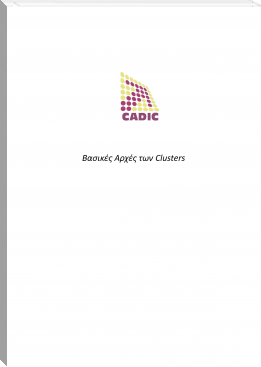Genre Education. Page - 8

Working in the medical laboratory is interesting and rewarding, but the laboratory is a complex environment and even small seemingly insignificant actions can result in huge and disastrous impacts on the outcome of testing results. It is imperative that medical laboratory scientists understand every aspect of working in the laboratory environment, and an essential skill necessary to these professionals is the knowledge of the medical instruments he or she will be working within the laboratory and the ability to apply this knowledge to ensure qualified and reliable results.

Ernst Heinrich Philipp August Haeckel (German: [ˈhɛkəl]; February 16, 1834 – August 9, 1919[1]) was a German biologist, naturalist, philosopher, physician, professor, and artist who discovered, described and named thousands of new species, mapped a genealogical tree relating all life forms, and coined many terms in biology, including anthropogeny, ecology, phylum, phylogeny, stem cell, and the kingdom Protista. Haeckel promoted and popularized Charles Darwin's work in Germany and developed the controversial recapitulation theory ("ontogeny recapitulates phylogeny") claiming that an individual organism's biological development, or ontogeny, parallels and summarizes its species' evolutionary development, or phylogeny.







